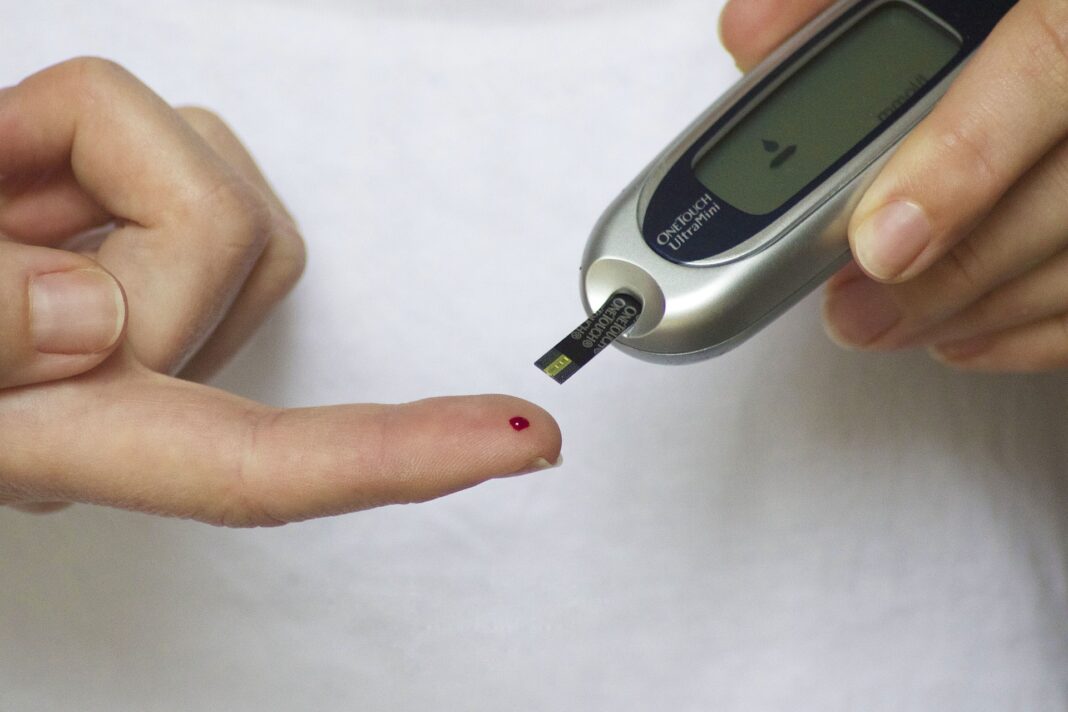In the UK, approximately 90% of individuals with diabetes have type 2 diabetes mellitus. It is a leading cause of sickness and death affecting more than four million people. It also accounts for 10% of the expenditure of the National Health Service of this country.
Lower blood sugar levels can considerably reduce complications related to diabetes, such as nerve damage, eye problems, kidney problems, and foot problems. However, it is challenging to select the correct drug for a patient.
A large-scale study performed at the University of Exeter and funded by the Medical Research Council has proposed patients command their own medications for this type of diabetes. This Trimaster study – a kind of research that focuses on improving the treatment of type 2 diabetes, by learning how individuals respond to different blood sugar-lowering drugs – was also supported by the University of Dundee. It is the first one that allows type 2 diabetes mellitus patients to select their medications, after assessing the impact of three dissimilar drugs: sitagliptin, canagliflozin, and pioglitazone.
First, researchers administered those three usually-prescribed drugs to 448 individuals for 16 weeks. During this period, the team examined the impact of each drug on the glucose levels and the participants’ weight and recorded their adverse effects. After that, patients could select the medication that they felt worked best for them. The conclusion showed that the chosen drug reduced glucose levels most efficiently and caused relatively lesser side effects. Fascinatingly, the treatment selected by the participants was the best for each patient blood sugar control even though patients made their choices unaware of the laboratory results.
For instance, Tim Keehner from North Devon was diagnosed with type 2 diabetes mellitus 15 years ago. He was enrolled in the study because of high blood sugar levels. Tim mentioned that two of the drugs did not work at all for him. However, he felt more energy immediately after taking the third option, knowing it suited best for him.
People with this type of diabetes differ in their body weight, age, or kidney function. Nevertheless, the usual treatment does not consider these differences. The new approach highlights the importance of identifying the best drug for each person and exploring their preferences.
Shields and the team argued that appropriate diabetes treatment is essential to have a good quality of life and experience the best results. According to the article in Nature Medicine, this method could be an innovative way of discovering the best treatment for this metabolic condition.
In addition, diabetes consultant Professor Andrew Hattersley from the Department of Clinical and Biomedical Sciences of the University of Exeter CBE stated that this is the first study that allowed patients to try three different types of glucose-reducing drugs.
References
Shields, B. M., Angwin, C. D., Shepherd, M. H., Britten, N., Jones, A. G., Sattar, N., … & Hattersley, A. T. (2022). Patient preference for second-and third-line therapies in type 2 diabetes: a prespecified secondary endpoint of the TriMaster study. Nature Medicine, 1-8. https://doi.org/10.1038/s41591-022-02121-6
Diabetes UK. (2022). Type 2 diabetes. Diabetes UK. https://www.diabetes.org.uk/diabetes-the-basics/types-of-diabetes/type-2
NHS England. (2022, March 28). NHS England » NHS Prevention Programme cuts chances of Type 2 diabetes for thousands. https://www.england.nhs.uk/2022/03/nhs-prevention-programme-cuts-chances-of-type-2-diabetes-for-thousands/
Iacobucci, G. (2021). One in 10 UK adults could have diabetes by 2030, warns charity. BMJ 2021;375. https://doi.org/10.1136/bmj.n2453
Harding, J. L., Pavkov, M. E., Magliano, D. J., Shaw, J. E., & Gregg, E. W. (2019). Global trends in diabetes complications: a review of current evidence. Diabetologia, 62(1), 3-16. https://doi.org/10.1007/s00125-018-4711-2





